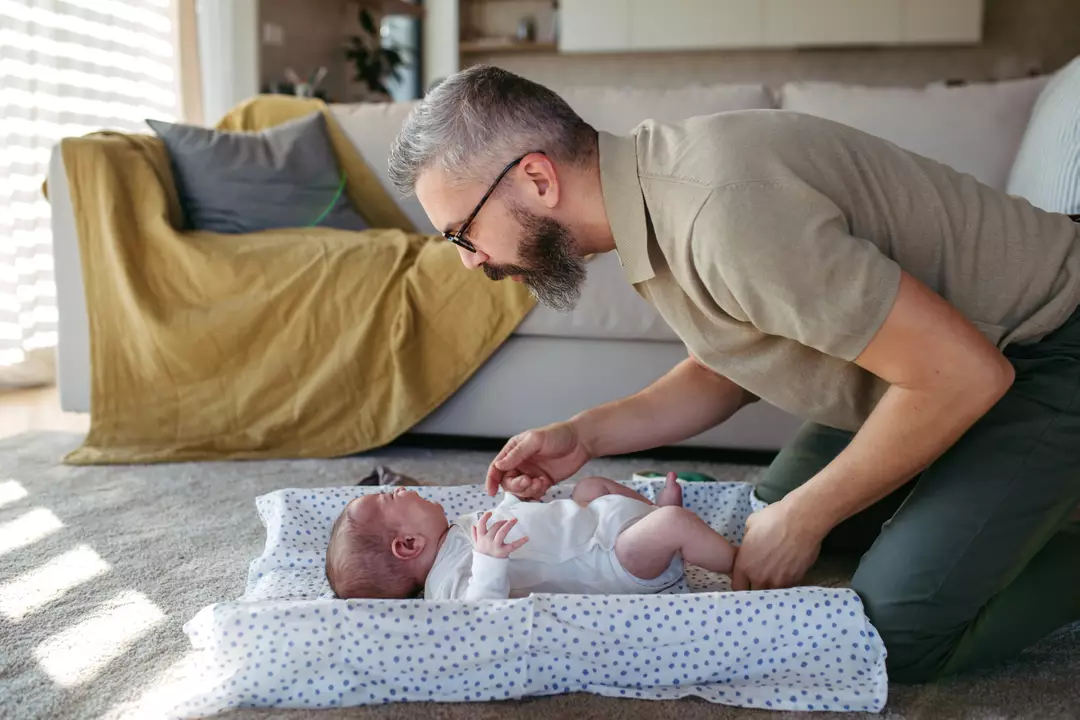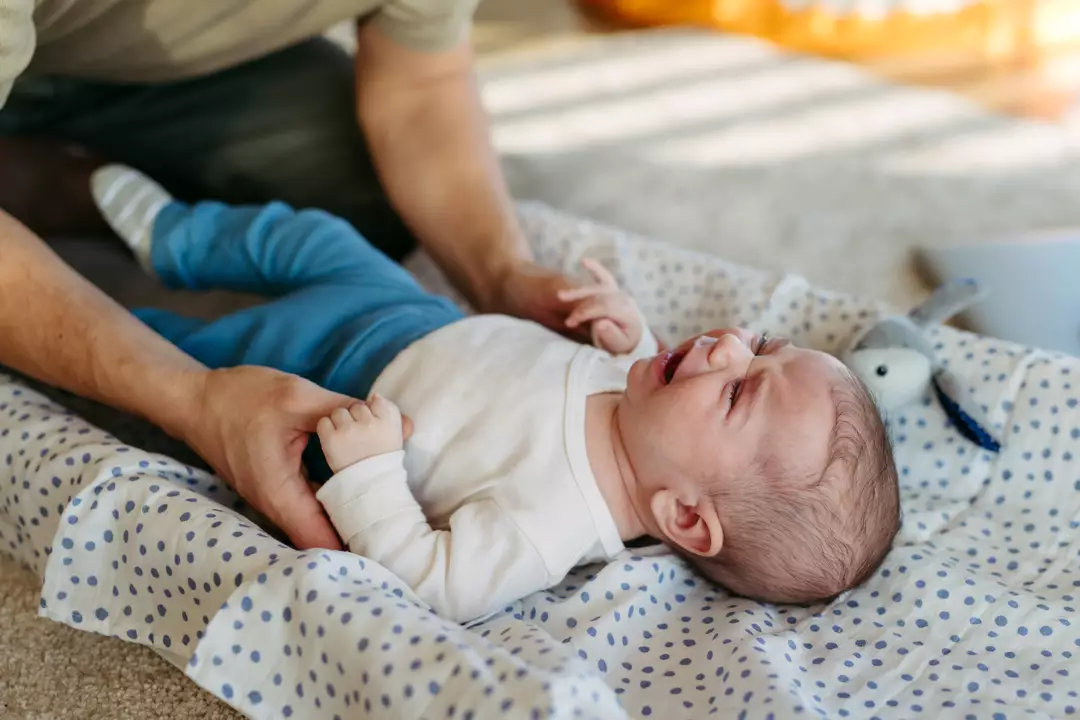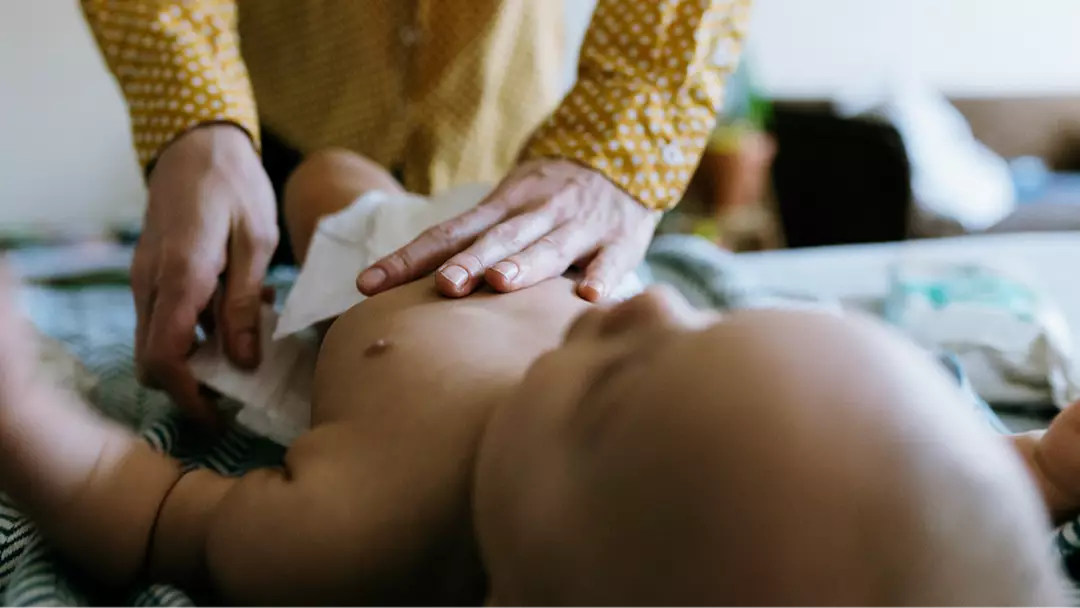Parents have been bombarded with a plethora of unusual and often contradictory parenting advice over the years. From the debunked belief that listening to Mozart can enhance a baby’s intelligence, to the ever-evolving methods to coax a baby to sleep, the guidance has been diverse.
In recent years, a particular piece of advice has sparked significant debate. In 2018, an Australian charity director suggested that parents should seek their baby’s consent before changing their diaper.
This recommendation left many parents puzzled, questioning how they could obtain consent from infants who cannot yet speak.
One parent expressed frustration on social media, stating: “Either she has never wrestled a toddler during a change or worse, she just left hers in a sh*tty nappy until it was ready to consent.”
Despite the controversy, two scientists have now endorsed this seemingly unusual advice. They have explained why incorporating consent into diaper changes could be beneficial for both parents and children.

Dr. Nicole Downs and Dr. Katherine Bussey from Deakin University in Australia advocate for making discussions about consent an everyday aspect of life, beginning long before adolescence.
The goal is not to expect a verbal response from non-verbal infants but to instill a sense of bodily autonomy and proper boundaries from a young age. These are essential social skills for later life.
“You can start teaching little ones about consent before they even talk,” the professors shared with The Conversation.
While many parents prefer to complete the messy task of diaper changing swiftly, this approach could miss an important teaching opportunity.
“Nappy changes can easily be seen by parents as a task to rush through and just ‘get done’,” they explained. “But this can be a time to help children learn about consent and how their bodies work.”
So, how can parents ask their baby for consent to change a diaper? And how can they determine if the baby agrees or disagrees?
According to the scientists, it’s about reading body language. They suggest: “Get down to their level and say, ‘you need a nappy change’ and then pause so they can take this in. Then you can say, ‘do you want to walk/crawl with me to the change table, or would you like me to carry you?'”

Parents should observe their baby’s facial expressions to assess if they understand and are comfortable with the situation.
The experts advise avoiding singing or other distractions during diaper changes. This ensures the child is fully aware of the actions being taken.
By verbalizing actions, such as asking, ‘can you please lift up your bottom so I can slide your nappy out,’ parents involve their child in the process and reinforce the concept of bodily autonomy.
This advice is shared with parents to provide children with the language and skills to express themselves if they experience inappropriate contact.
“It’s important children notice when someone is touching their most intimate parts,” noted Dr. Downs and Dr. Bussey.
They also recognize the challenges of parenting and emphasize not to stress about being perfect every time.
“The habits we outline above may also seem to add more work to the already demanding parental load. So try and do them as often as possible and be kind to yourself if every nappy change isn’t a perfect moment of connection, you are supporting a small child after all,” they concluded.

